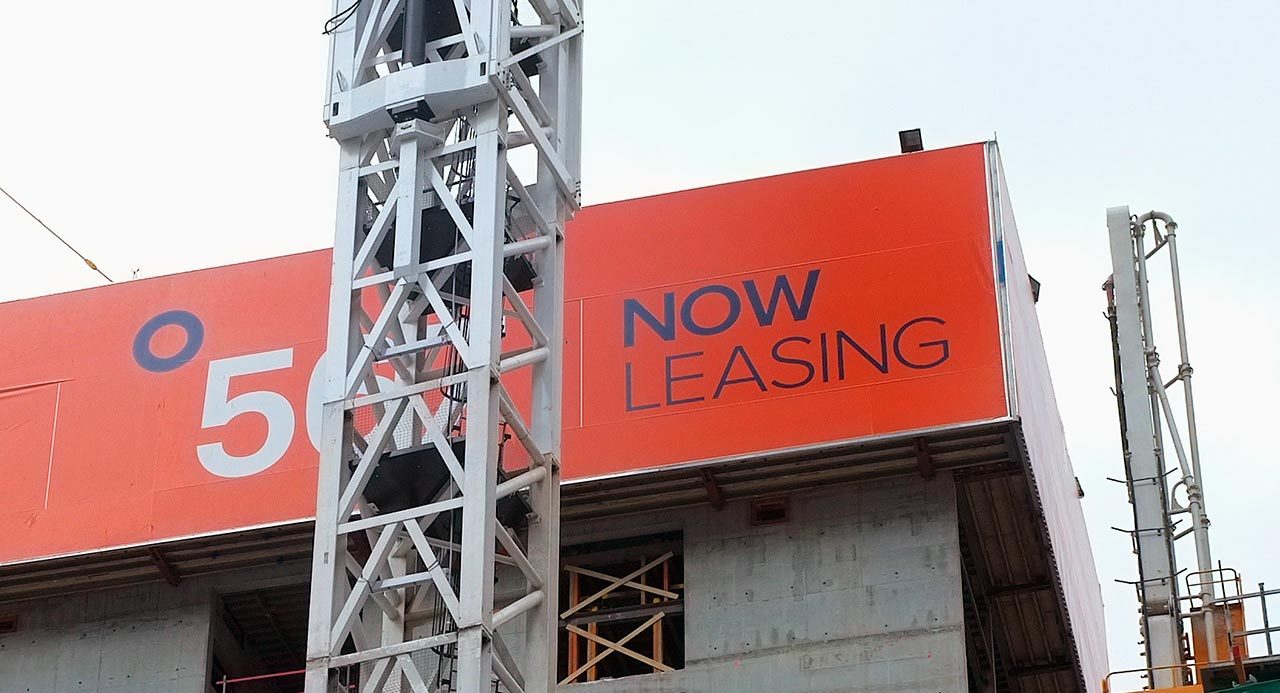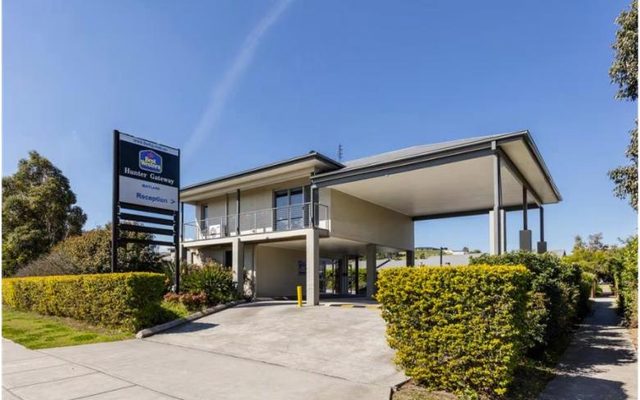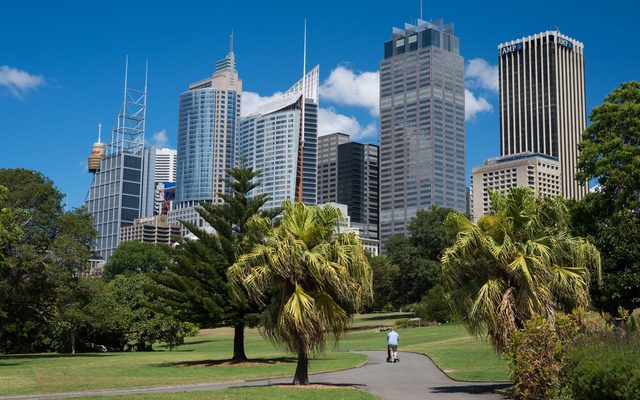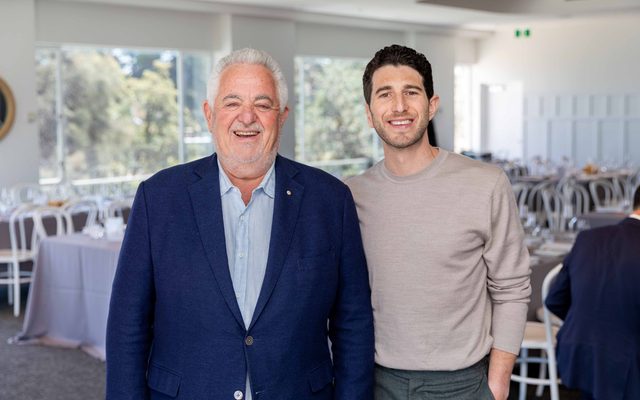This article is from the Australian Property Journal archive
AUSTRALIA’S rated real estate investment trusts will maintain their credit quality despite a higher-for-long interest rate environment meaning weaker interest cover and asset value declines, according to Moody’s.
In a new report, Real Estate Investment Trusts – Australia: Rated AREITs can tolerate higher interest cost and weaker debt/assets gearing, Moody’s stress-tested rated AREITs’ gearing ratios by assuming further declines of 5%, 15% and 5% in the respective values of retail, office and industrial properties, on top of the declines that have already occurred since the start of COVID.
It concluded that debt and assets gearing will continue to be solid despite some weakening.
“Given that vacancy levels for office remain above historical averages, we expect the highest value declines for office assets. In this scenario, rated AREITs on average will still have around 25% headroom against the high end of their target gearing levels, which are set well below debt covenant levels.”
Growthpoint Finance Pty Limited (rated Baa2 stable) will have the smallest buffer against any further declines than tested for in our analysis.
While listed office asset values have held up so far in Australia, Moody’s has already warned they likely to fall in the coming 12 months because of weaker market fundamentals and the increasing cost of debt. Barrenjoey analysts have warned office tower prices could come off by 15% to 20%. Colliers is expecting capital values to drop by an average of 10% from peak-to-trough, before the market recovers in 2024, a much less turbulent trajectory than the GFC which saw some assets suffer 25% in devaluations.
Average capitalization rates for the rated AREITs currently stand at 5.1% for office, 5.2% retail and 4.4% for industrial assets, according to Moody’s, which provide a margin of 1.25% for office, 1.35% for retail and 0.5% for industrial over the current cash rate of 3.85%. In comparison, the eight-year average margin over the cash rate was 4.5% each for office and retail and 4.7% for industrial, and capitalisation rates will likely increase over time as a result to reflect the higher cash rate, implying a further fall in asset values, it said.
Moody’s’ new report found that while cover, as measured by EBITDA to interest expense, and debt to assets gearing would weaken, ratios would remain within rating thresholds and covenant requirements. Income growth will also offset higher interest costs.
Rated AREITs’ strong interest coverage and projected earnings growth support their ability to withstand a higher cost of debt, Moody’s said. It tested rated AREITs’ interest cover ratios for a further 50 basis point (bps) and 75 bps increase in interest rates from current levels, taking into account debt maturities and the proportion of debt hedged. In both scenarios, all 20 rated AREITs would still have interest cover of more than 2x, which is the most restrictive covenant level among them.
In both scenarios, Scentre Group (rated A2 stable) will have the weakest EBITDA/interest, but the ratio would remain appropriate for its rating. Charter Hall Group and Goodman Group both have EBITDA/interest of over 20x in both scenarios.
Unencumbered assets, long-dated debt maturities, and strong access to funding support all credit quality.
“Rated AREITs have strong funding profiles and flexibility. On average less than 9% of their asset base is secured; they therefore have a strong ability to issue secured debt if needed. 77% of debt is hedged on average, supporting cash-flow certainty. Debt maturities are well spread out; 82% of total debt will not come due until fiscal 2026 or later. And available committed facilities cover around 4.5 times of debt maturities through June 2024,” it said.




